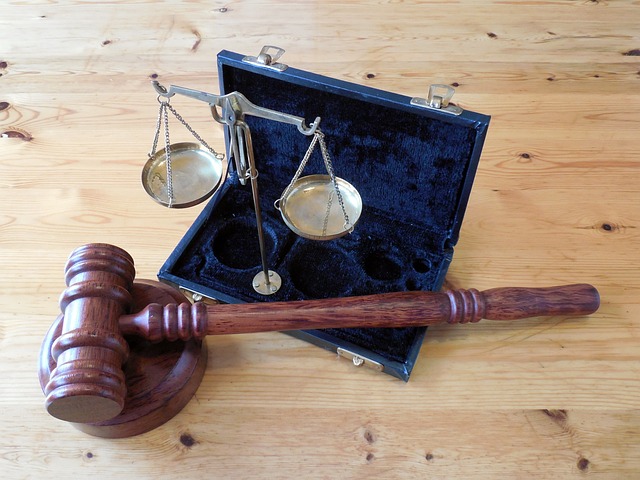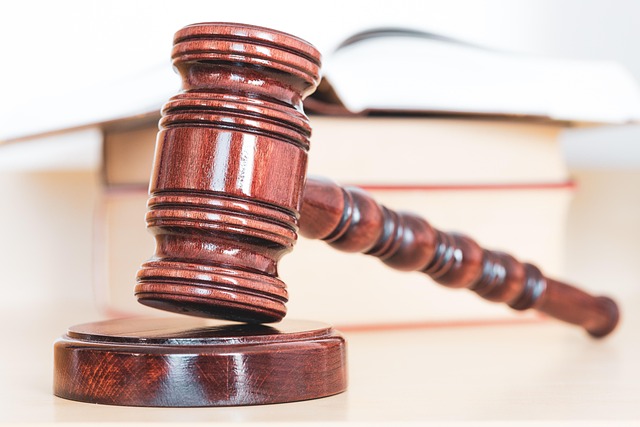The Ethical Implications of Plea Bargaining Decisions significantly impact public trust in justice systems, requiring lawyers to balance zealous client representation with legal and moral justification. While plea bargaining is a global tool for efficient case resolution, it presents intricate ethical dilemmas that demand meticulous attention. Vulnerable populations often face systemic barriers, hindering access to quality legal representation and exacerbating social disparities. Enhancing transparency through public access to court records, mandatory disclosures, and promoting jury trials can mitigate these ethical concerns, ensuring fairness and accountability in the plea bargaining process.
Regulatory compliance issues are a critical aspect of ensuring fairness and justice within criminal justice systems. This article delves into the intricate world of plea bargaining, exploring its Ethical Implications of Plea Bargaining Decisions while considering the impact on vulnerable populations and minority communities. We examine strategies to enhance transparency and accountability, emphasizing the importance of understanding regulatory compliance as a cornerstone for ethical practice. By navigating these complexities, we aim to shed light on fair and equitable justice processes.
- Understanding Regulatory Compliance: A Foundation for Ethical Practice
- The Role of Plea Bargaining in Criminal Justice Systems
- Ethical Considerations in Plea Bargaining Decisions
- Exploring the Impact on Vulnerable Populations and Minority Communities
- Strategies to Enhance Transparency and Accountability in Plea Bargaining Processes
Understanding Regulatory Compliance: A Foundation for Ethical Practice

Regulatory compliance goes beyond mere adherence to laws and regulations; it’s a cornerstone of ethical practice. Understanding the intricate web of rules and guidelines is crucial, especially in high-stakes cases that resonate across the country. Lawyers, as advocates for their clients, must navigate this landscape with meticulous care, ensuring decisions are not only legally sound but morally justifiable.
The Ethical Implications of Plea bargaining decisions, for instance, extend far beyond the immediate case. They shape public trust in the justice system and influence the reputation of legal professionals. A plea bargain, often a strategic move in complex cases, can have profound consequences on individuals’ lives. Therefore, lawyers must grapple with these ethical dilemmas, balancing their duty to represent clients zealously while upholding the integrity of the justice process.
The Role of Plea Bargaining in Criminal Justice Systems

In criminal justice systems worldwide, plea bargaining has emerged as a pivotal mechanism to navigate complex legal scenarios. This process allows defendants to negotiate a plea deal with prosecutors, often resulting in a reduced sentence or charges in exchange for a guilty plea. While plea bargaining serves as an efficient problem-solving strategy, it also raises significant ethical implications that demand careful consideration. The balance between ensuring fair justice and promoting efficiency is delicate, especially when the interests of both corporate and individual clients are involved.
The Ethical Implications of Plea Bargaining Decisions extend beyond the immediate case, setting a precedent for future legal strategies and shaping public trust in the system. An unprecedented track record of successful plea bargaining can enhance the effectiveness of law enforcement and prosecution, but it must be managed transparently to avoid perceived biases and ensure that respective business interests do not overshadow the pursuit of justice.
Ethical Considerations in Plea Bargaining Decisions

The ethical considerations that surround plea bargaining decisions are a complex web of factors. As a strategy to avoid indictment and potential harsher sentences, plea bargaining offers defendants an opportunity to negotiate their outcome in exchange for pleading guilty to lesser charges. This process, while beneficial in terms of achieving extraordinary results for both the defense and prosecution, raises significant ethical implications.
Navigating this landscape requires striking a delicate balance between ensuring justice is served and respecting the rights of the accused. Across the country, concerns have arisen regarding the influence of various factors on plea bargaining decisions—from the pressure to meet statistics-driven targets to the potential for coercion or inadequate legal representation. These considerations underscore the importance of maintaining transparency, fairness, and integrity within the criminal justice system.
Exploring the Impact on Vulnerable Populations and Minority Communities

Regulatory compliance issues often have far-reaching consequences, particularly for vulnerable populations and minority communities. These groups are frequently disproportionately affected by laws and policies that may seem neutral on the surface but inadvertently perpetuate systemic inequalities. For instance, in high-stakes cases involving complex regulations or ethical implications of plea bargaining decisions, minority defendants might face challenges in accessing quality legal representation due to economic barriers. This can lead to a cycle of limited access to justice, impacting their ability to win challenging defense verdicts and ultimately affecting the integrity of the respective business sectors they operate within.
Moreover, regulatory non-compliance can exacerbate existing social disparities. When regulations are not enforced equitably, minority communities may suffer from environmental injustices, poor healthcare access, or educational inequities—all of which have long-term effects on their overall well-being and socioeconomic status. As a result, addressing these compliance issues becomes crucial not just for businesses but also for ensuring social justice and fostering inclusive growth.
Strategies to Enhance Transparency and Accountability in Plea Bargaining Processes

The plea bargaining process, while efficient, often raises concerns about transparency and accountability. To address these issues, several strategies can be employed to ensure fairness and minimize the ethical implications of plea bargaining decisions. One approach is to enhance public access to court records, allowing citizens to scrutinize the negotiations and understand the factors influencing the agreements. Additionally, implementing mandatory disclosure policies for prosecutors and defense attorneys can facilitate a more open system, where relevant information about the case, including potential sentences and evidence, is shared with all parties involved.
Promoting jury trials as an alternative to plea bargains can also contribute to achieving extraordinary results while maintaining transparency. By allowing juries to deliberate and make decisions based on all presented evidence, the process becomes more transparent and accountable. This shift encourages prosecutors and defense attorneys to strive for complete dismissal of all charges or negotiated agreements that reflect the true merits of the case, ensuring a fairer system for all involved.
In light of the above discussions, it’s clear that while plea bargaining plays a significant role in criminal justice systems, its ethical implications cannot be overlooked. Enhancing transparency and accountability in the process is crucial to ensure fairness, especially for vulnerable populations and minority communities. By understanding the foundational principles of regulatory compliance and implementing strategies to mitigate potential harms, we can navigate the complexities of plea bargaining more ethically. This approach not only strengthens the integrity of the justice system but also fosters a more just society.






